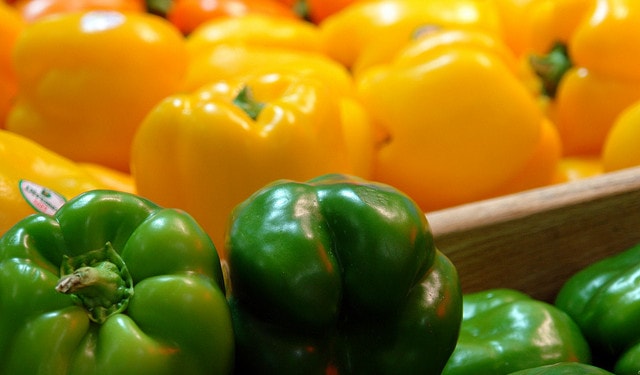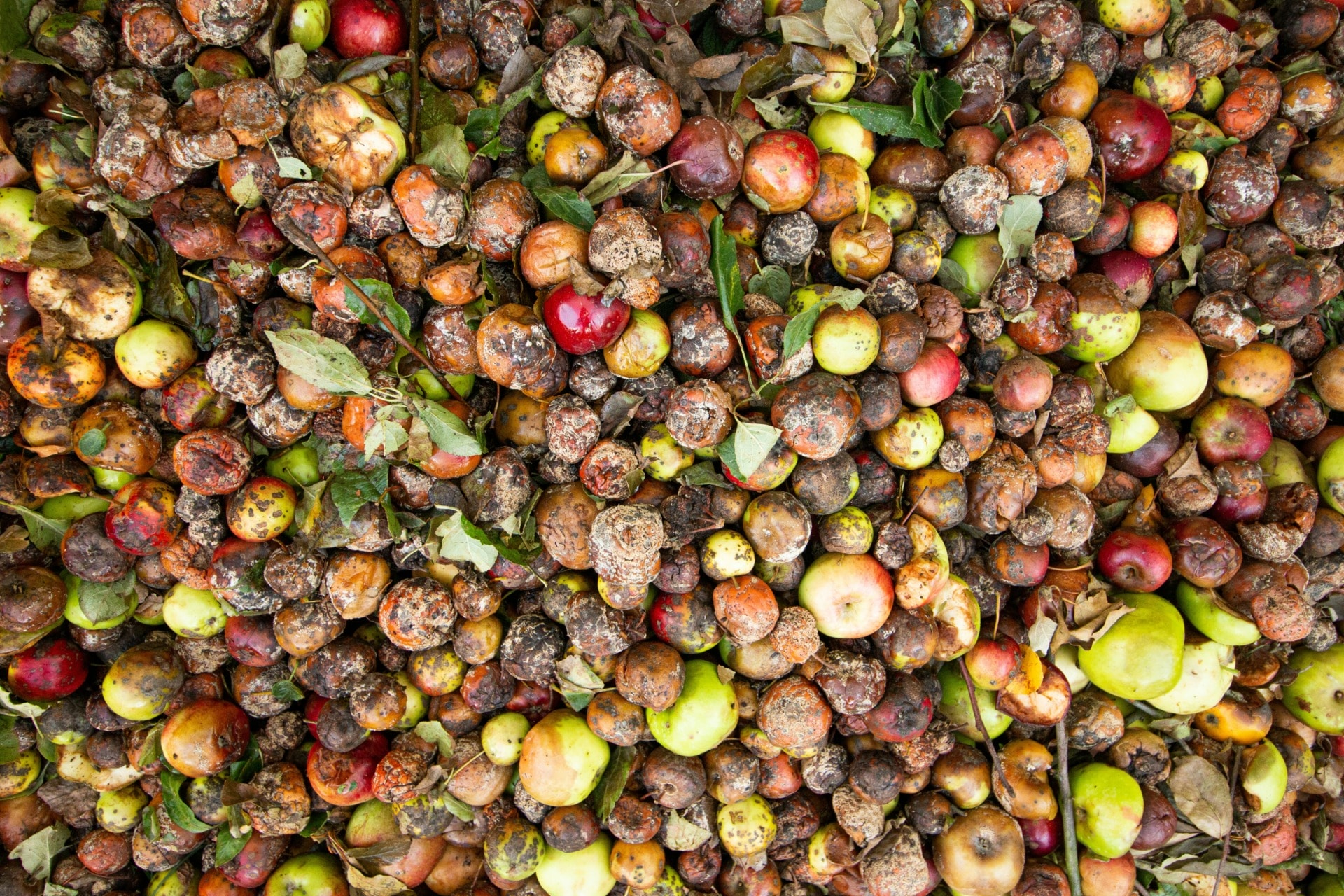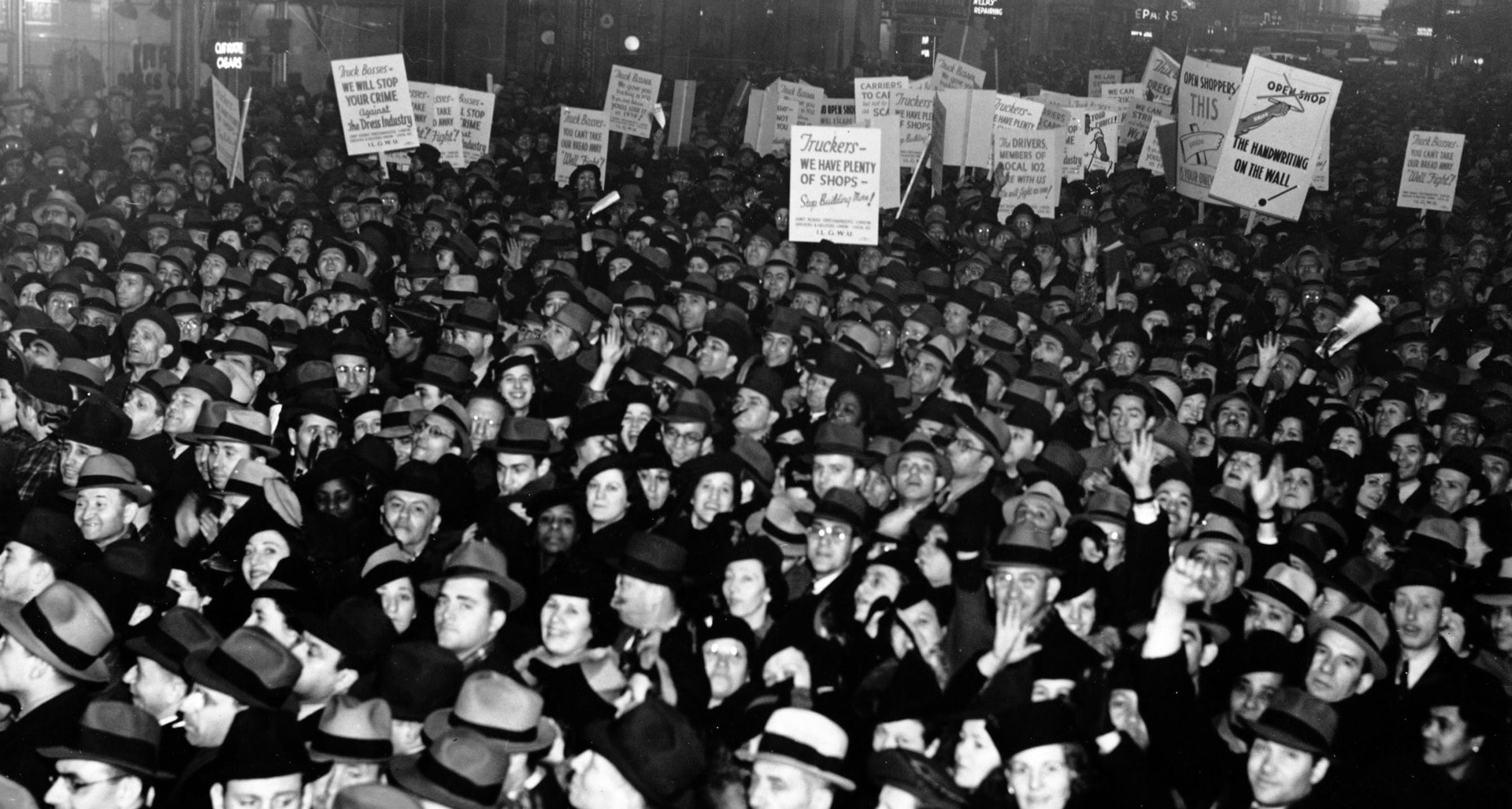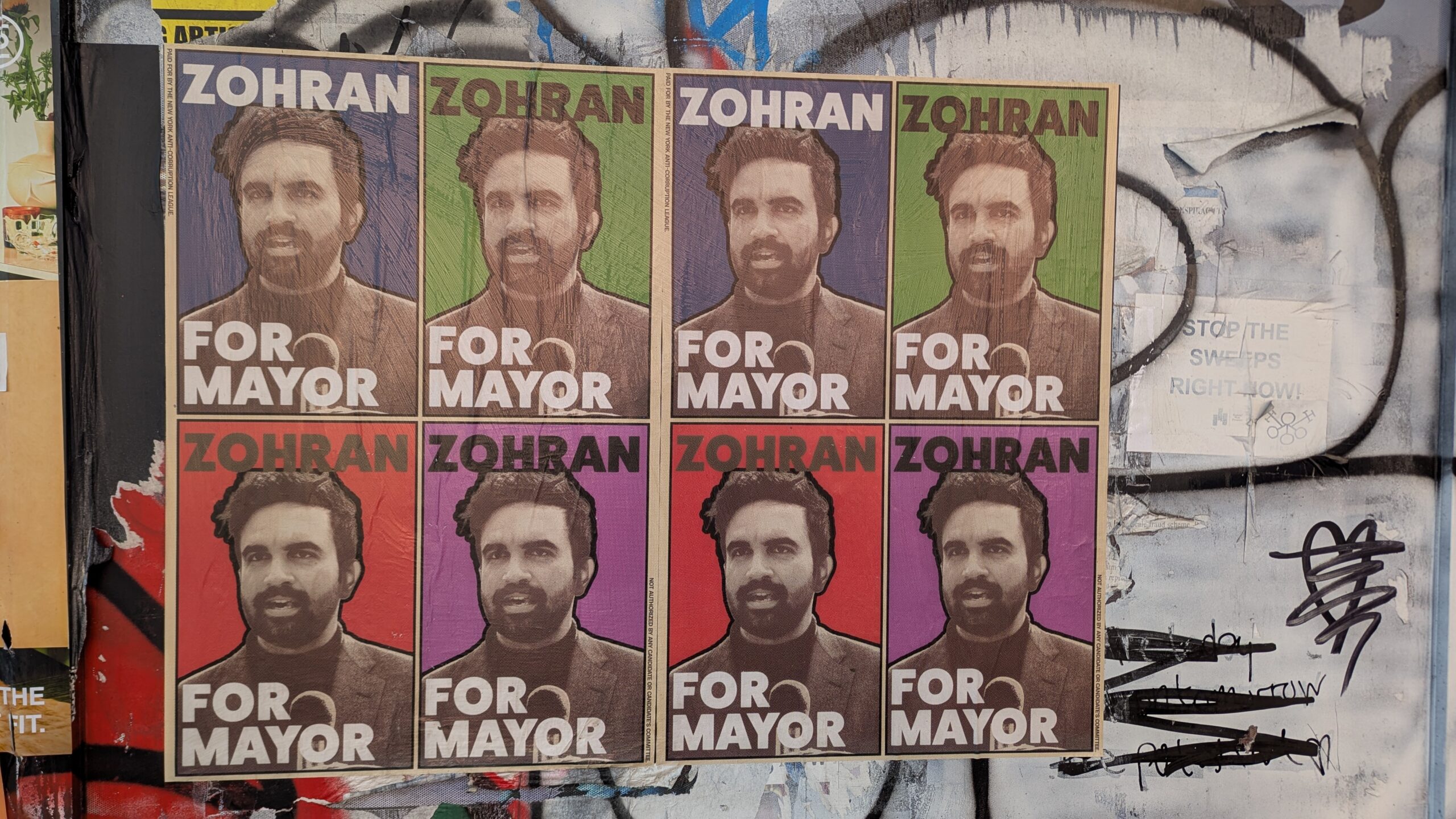A Mission to End Food Waste and Hunger
While roughly 40% of food is wasted in the United States, one in seven Americans face food insecurity. In a nation of over 300 million people, that equates to thousands of families, children and adults who may not know where their next meal is coming from. Upon learning just how much food is wasted in the U.S., CEO and Co-Founder, Robert Lee, set out to use one problem to fix another. By donating excess food from restaurants, hotels and catering companies to local shelters, soup kitchens and churches, Rescuing Leftover Cuisines strives to eliminate food waste and help those in need in order to ensure that only hunger is left behind.
Beginning in 2013, Lee along with Co-Founder and Chief Operating Officer, Louisa Chen, launched Rescuing Leftover Cuisine in New York City. To ensure effectiveness, they designed a comprehensive business plan that centers on the concepts of engagement, distribution, advise and influence, said Community Outreach Analyst, Monica Hunasikatti. Engagement refers to proactively reaching out to business owners about leftover food and creating partnerships to stop it; distribution includes the volunteers who rescue and deliver food; advise means to constantly communicate between partners and team members and influence signifies the ways they help teach others how to reduce food and save money, she said.
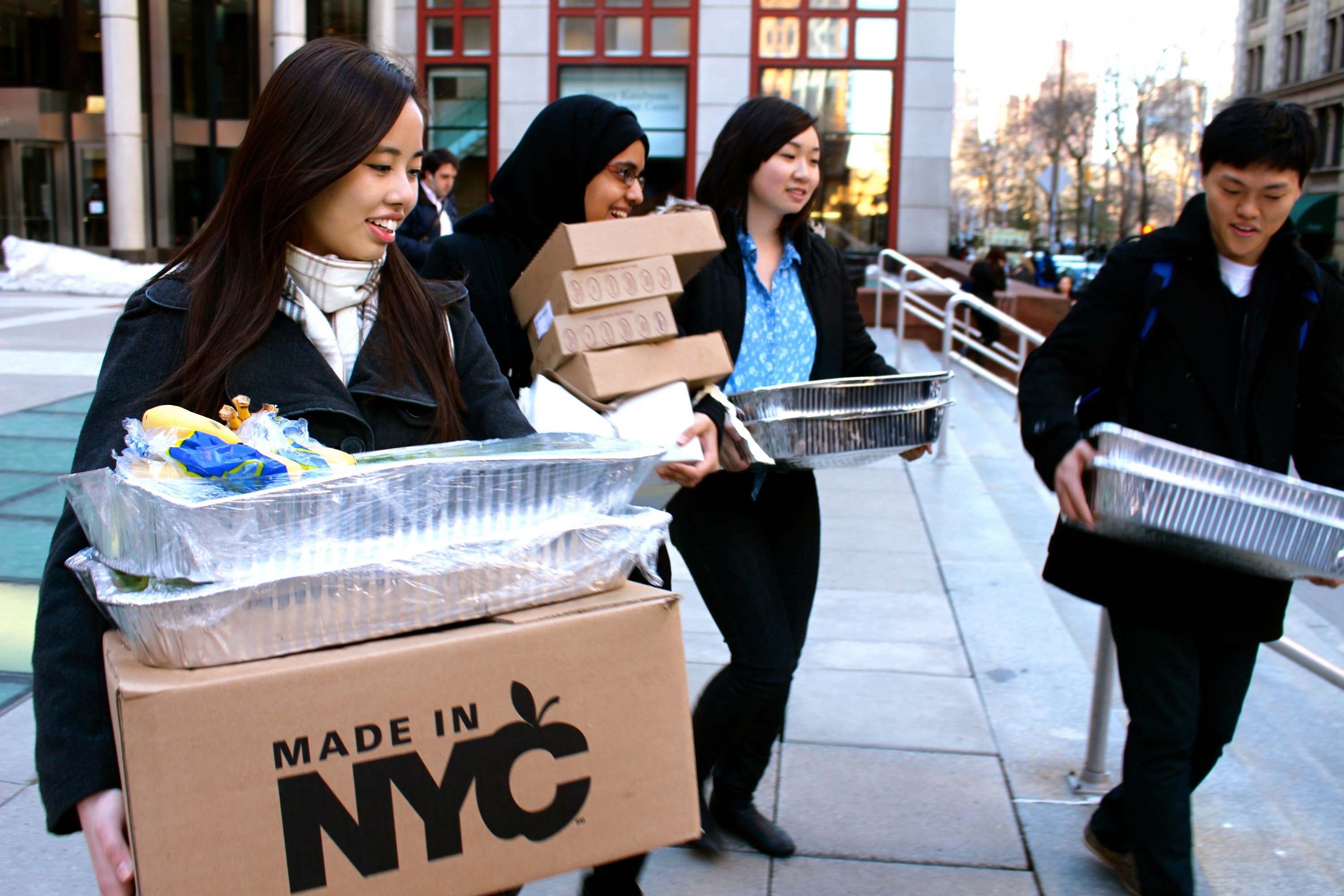
Photo Credit: Rescuing Leftover Cuisine
With the philosophy that “every little bit matters,” Rescuing Leftover Cuisine strives to tackle the issue of food waste by stopping it at its source. “Our solution is to encourage others to be more conscious about wasting food, and to tackle the issue by being the middleman when there’s a need for some rescuers,” Hunasikatti said. In order to collect food and deliver it to those in need, Rescuing Leftover Cuisine begins by localizing their efforts in order to first identify who is in need and who may be able to help. All of Rescuing Leftover Cuisine’s partners are licensed food handlers in order to ensure the safety of the food. One of the most essential aspects to Rescuing Leftover Cuisine’s method is to educate their partner food providers and teach them how to limit their waste as much as possible. They are also currently developing a web application that will enable business owners and volunteers to communicate more effectively.
Related articles: “MEET FOURSIGMAFOODS – NATURE’S BEST KEPT SECRET REVEALED”
HIGH QUALITY ASIAN FOOD DELIVERED TO YOUR DOORSTEP – HOW BENTO IS UPPING THE FOOD DELIVERY ANTE
While this business model may seem simple enough, Hunasikatti said there are still several challenges to combating food waste and hunger. Rescuing Leftover Cuisine focuses on collecting leftover food from businesses; however, the majority of food waste comes from consumers, Hunasikatti said. People often buy too much food and throw it out if it “looks funny” or expires without considering the impact of doing so. Therefore, one of the greatest challenges is a lack of understanding of the problem, Hunasikatti said. “A lot of people do not realize that about 40% of produced food in the United States is wasted,” she said.
We need to bust the myths surrounding food rescue, and get more communities involved in saving perfectly edible food.
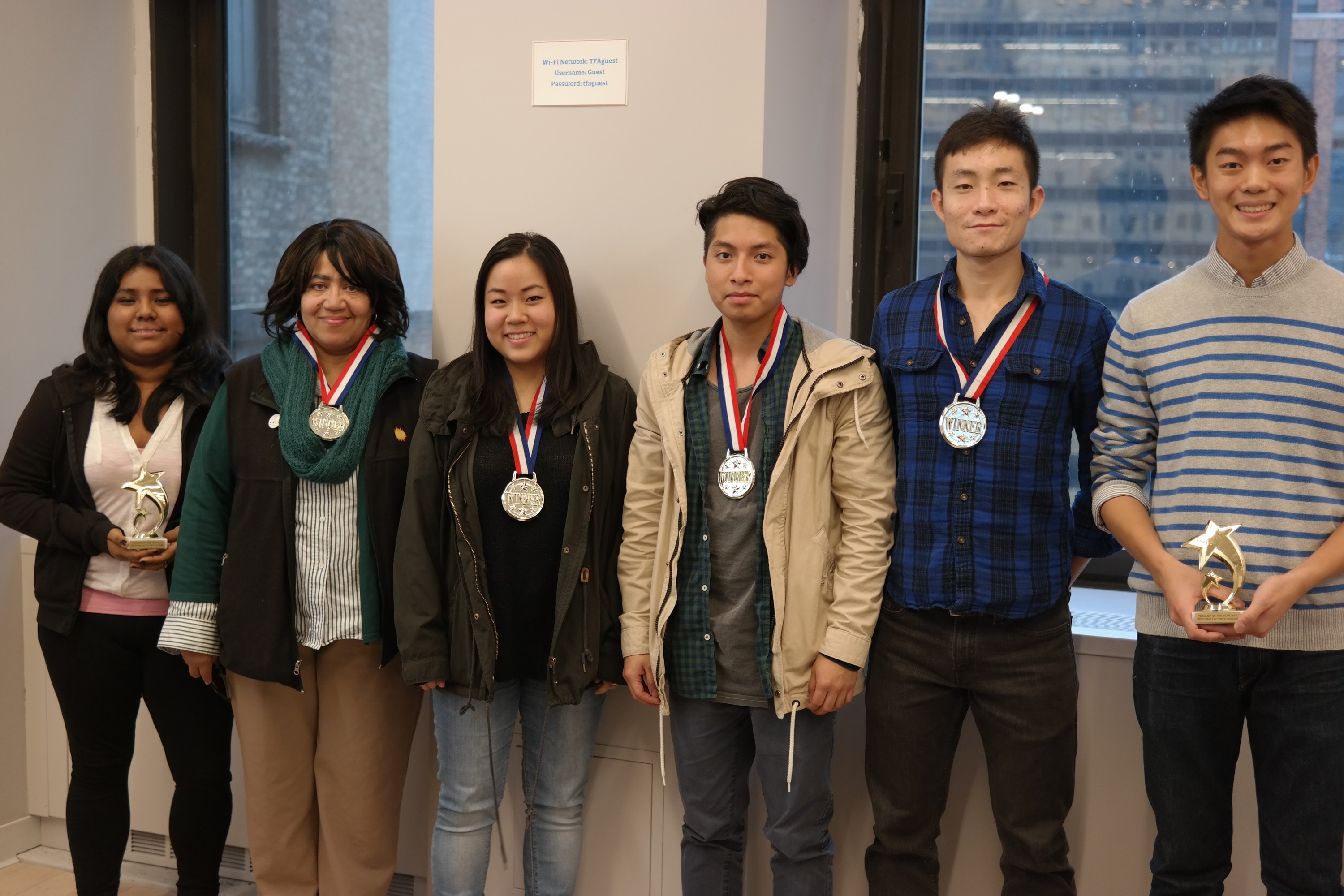
Photo Credit: Rescuing Leftover Cuisine
Because so many resources, including fresh water, are used in large quantities during food production, wasting food has a direct impact on the environment. If consumers continue to waste food at the rate that they are today, Hunasikatti fears that our society will continue to deplete our resources, which will add more pollution to the environment considering a majority of wasted food ends up in landfills. Most importantly, people will continue to be hungry, as the problem of food insecurity will also remain unsolved.
As of right now, Rescuing Leftover Cuisine is working on a local and national level to end the problems of food waste and hunger. However, Hunasikatti feels that their efforts are needed all over the world and the organization strives to one day reach global influence. In order to do this, Rescuing Leftover Cuisine wants people to know that every little bit of food counts and that, “together, we can become a world where only hunger is left behind,” Hunasikatti said.
_ _


